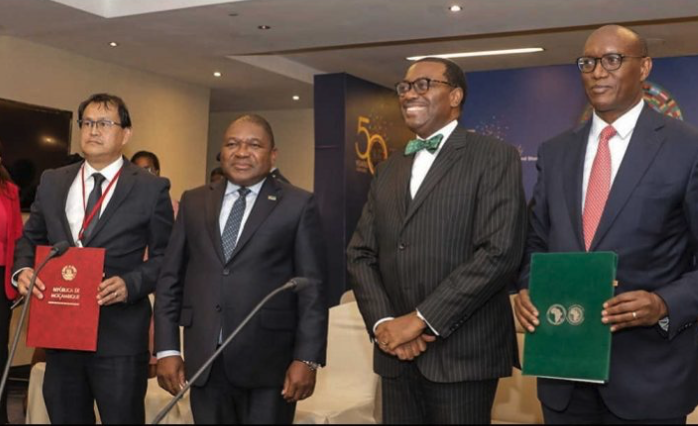- The government of Mozambique has concluded the prequalification of seven potential investors for the development of the 1500MW Mphanda Nkuwa Hydroelectric Project (MNK), a US$4.5 billion project on the Zambezi River in the western province of Tete.
- The news comes when the Cahora Bassa dam is full prompting a full discharge of water in October, allying fears that there is not enough water for the Mphanda Nkuwa project. Read more
The Government of Mozambique, through the Ministry of Mineral Resources and Energy (MIREME), represented by the Mphanda Nkuwa Hydroelectric Project Implementation Office (GMNK), is holding a conference in Maputo this week, with potential pre-qualified Strategic Investors, within the scope of the tender process for the selection of the partner for the development of the Mphanda Nkuwa Hydroelectric Project and associated energy transport infrastructure.
The conference will constitute a technical, interactive session for clarification of project and tender issues, and a stage for reviewing and updating technical, environmental, economic, financial and market studies, including issues of legislation, associated regulations and the legal and institutional structures in the sector.
During the conference, the project’s partner international financial institutions, such as the World Bank (WB) group and the African Development Bank (AfDB), will talk about their role in the project, address issues of financing and guarantees for the venture. In the two days following two days the conference, the competitors will visit the sites in Tete province where the project will be implemented.
Eight companies and international consortia originally expressed interest in establishing a strategic partnership with the Mozambican government in building a hydroelectric dam at Mphanda Nkuwa, on the Zambezi river, about 60 kilometres downstream from the existing dam at Cahora Bassa.
The bidders are:
- Power China and Longyuan Power (Chinese);
- Sumitomo and Kansai (Japan);
- Scatec (Norway);
- EDF (França);
- A consortium of companies from Mauritius and Zambia, headed by ETC Holdings Mauritius);
- And a consortium from Italy and Zimbabwe, led by the Webuild Group of Italy.
MNK did not specifiy which investor dropped out of the race.
Related news: International consultants evaluate 1500MW Mphanda Nkuwa hydro project in Mozambique
“The visit will allow investors to find out the natural conditions of the project’s implementation site as well as data fundamental in the preparation of technical, economic, and financial proposals in response to the tender process,” said the director-general of the project’s implementation office, Carlos Yum

Mphanda Nkuwa Hydro project site. Image credit: International Rivers
The Mphanda Nkuwa Hydroelectric Project includes the construction of a run-of-river dam 61 km downstream from the Cahora Bassa Dam on the Zambezi River in Tete province.
As part of the project, a hydroelectric power plant with an installed power production capacity of up to 1,500 megawatts and a 1,300-km energy transmission line from Tete to Maputo are envisaged at the investors’ conference.
During the construction phase, more than 7,000 jobs will be created, and 50 percent of the energy generated will be exported, contributing to the country’s economy and making Mozambique a regional energy hub.
Author: Bryan Groenendaal















